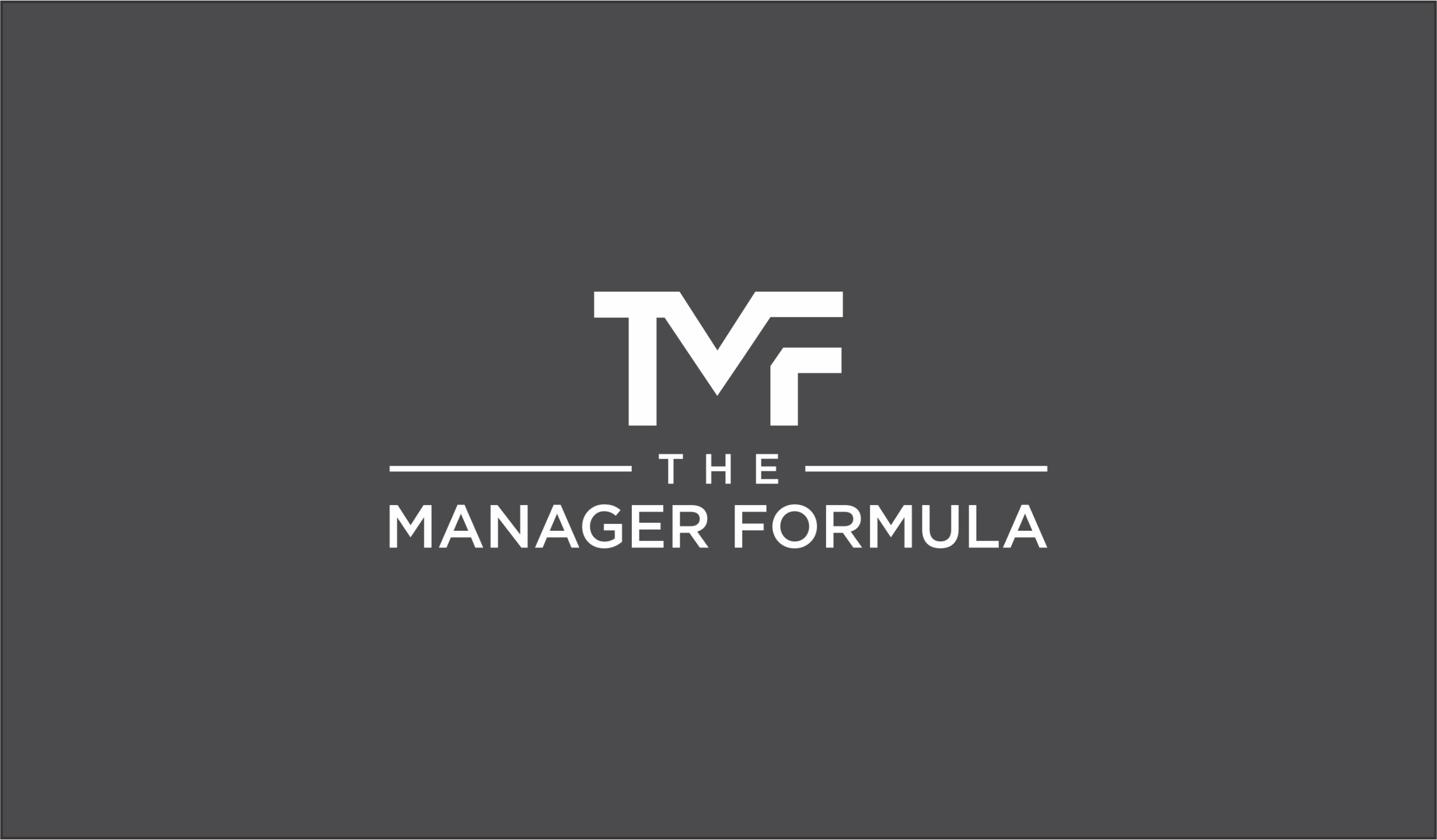

Women lead differently.
We always have.
Although the percentage of female-owned businesses in the US has risen from 4% in the early 1970s to 42% today, we still lag in supporting women as effective leaders.
It's no surprise that 75% of women leaders have felt Imposter Syndrome in their role as a leader.
Despite massive progress in opportunities for women, leadership coaching and training is still built for and designed around the masculine model and traits of leaders.
It's time for that to change.
Because...
The way HE did it ... is NOT the way WE do it.
And the numbers are starting to prove out what most of us already know - businesses led by women perform as well, if not better, than those run by men.
So how about we start learning why that is AND build a Leadership Investment Ecosystem that embraces and emboldens the natural strengths women bring to the role?
We show women how to access their own unique assets and wisdom to transform into confident, emotionally resilient, strong leaders.
We teach the Leadership is Feminine Philosophy and Model for Entrepreneurs, Founders and Business Owners.
How you perform as a leader changes as the business grows.
What worked at $1M won't do at $3M.
And what worked at $3M will not get you to $15M.
The business can only grow as far as YOU are willing to go.
YOU ARE THE MOST VITAL ASSET IN YOUR BUSINESS.
(Isn't it time you treated yourself accordingly?)



I'm Kris Plachy.
CEO Coach to some of the most accomplished Female Entrepreneurs of our time.
I'm here to make a massive impact through the transformation of powerful women.
I savor the opportunity to work with each one of my clients personally.
The women I partner with achieve 'magical' results.
I know that there is no problem we cannot solve together.
I know that our work together will transform your life, your business and the trajectory of both.
I have, at my finger tips, every kind of resource you need as a business founder and woman.
I have curated a refined experience for Elite, Female Visionaries like you.
The life you've lived has shaped you into a Leader.
You are no cookie cutter human.
I will not treat you like one.
You'll find my approach refreshing and also rooted in my 30+ years of leading and coaching leaders.
We work with women who are experts in what they do and are seeking an expert to partner with them to identify how to take their personal and team performance to the next level.
If you're ready, then we can begin.
I'm Ready for the Next Step

- Exclusive Transformational Coaching & Private Gatherings for Million Dollar Female Entrepreneurs
- Focused on Transformational Leadership and Personal Growth
- 1:1 Partnership & Coaching Offered w/ Kris Plachy
- Private, on-demand coaching w/Kris on most business days
- Monthly roundtables w/Kris and Sage CEO's
- Elegant and luxurious in-person ntensives Led by Kris w/other Sages
- Management training and coaching for Key Members of your Management Team
- Limited to 30 Active Sage Clients at a time
AVAILABLE BY REFERRAL AND/OR INVITATION ONLY.
Please complete the application and consultation request below to register your interest.




Here is what I have learned in almost 30 years of studying leaders and being one myself…
You are capable of solving ANY challenge you are facing in your business.
My specialty is infusing our clients with a level of knowing, understanding, confidence, and leadership wisdom so they can make decisions about any issues, any team member, at any time.
It’s time to find YOUR feminine voice as a leader.
It’s time to level up the business by up-leveling the woman running it.
We know you're capable, but do you believe in what is possible?











There is a vital difference between the two.
One creates freedom, the other keeps you trapped.
Management is the deployment of the policies, practices and processes that deliver on the leadership vision. And the truth is, managing people is just math. That's why it's easier to 'sell' to you as a visionary than leadership. Leadership is art, not science. Leadership is an alchemy of you, them, this and that. It cannot be bottled; it must be discovered and revealed.
How you lead is unique to who you are. If you want to excel well beyond this moment and this year, it's time to invest in a partnership that will advance who you are as a leader... not just what you need to do to be a manager.
If you want the answers for how to manage people, just go google or ask ChatGPT all the problems you're having and you'll have your answers. Management answers are simple.
Leadership solutions are complex and curated for each individual woman who leads.
I will be your guide through that discovery. But if you're looking for a quick fix, this isn't it.
If you're looking to change your life and your business... then this... this here... that I do with my team... THIS is it.
You are Leading an Ecosystem...
In order for a business to thrive, everyone in it needs to thrive also.
We've learned that to truly make shifts with you, we must support your Team Managers and Leaders in their own skills as well.
We provide The Manager Formula exclusively for our clients and their Managers in The Lead Advisory and Sage Visionary Think Tank.
Join Kris Notes for Insider Info
YOU and your business are unique. We know the solutions you need are also.
The best news is that as a woman leading a successful business you founded, you aren't alone. But you are special. Your challenges and opportunities stem from the unique story of the woman you are and the vision you have.
I'm Ready for the Next Step

After years of advising, training, educating and mentoring entrepreneurs and leaders, I have arrived at a conclusion and will be directing my work accordingly.
YOU don’t need to become a better manager if you’re running a multiple million dollar business.
YOU need to become the leader who can and does lead everyone.
There is a difference.
When your business is the size that it is, you need managers to execute the day-to-day activities and actions, solve problems, and achieve measurables (KPI‘s, OKR's or whatever you call them in your business).
YOU need to design the results that are required for the business to achieve its objectives.
The managers are responsible for ensuring that all happens.
But my hunch is right now you are lost in management hell.
Because you believe if you can just control everything MORE you'll feel less stress and have more free time. No. Wrong.
But this is the lie that keeps you buying more and more content, tactics and flow charts.
Stop.
The goal is less control and more confident leadership.
There is no ONE way to manage a business. There will only be YOUR way. And that will come from you leveraging the confidence of your LEADERSHIP.
If you want a process, go buy one. You can find them everywhere.
But if you want to become THE WOMAN who can lead a team of managers to advance the mission regardless of the current circumstances in your business ... Then hire us.
Our work together will change who you are. It will change how well your business performs. And ultimately, you will live a profoundly different life than you are today.
But only... ONLY... if you are willing to invest in YOU with time, money and your attention.
You ready?
COMPLETE SAGE APPLICATION & SCHEDULE CONSULTATION




